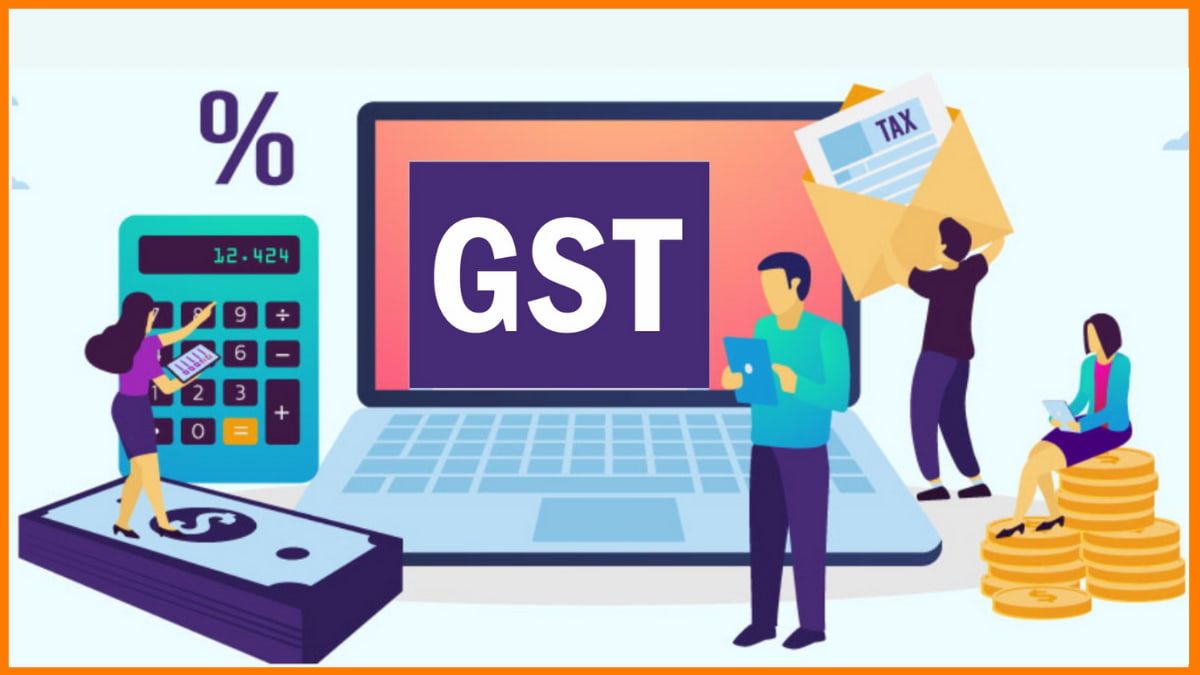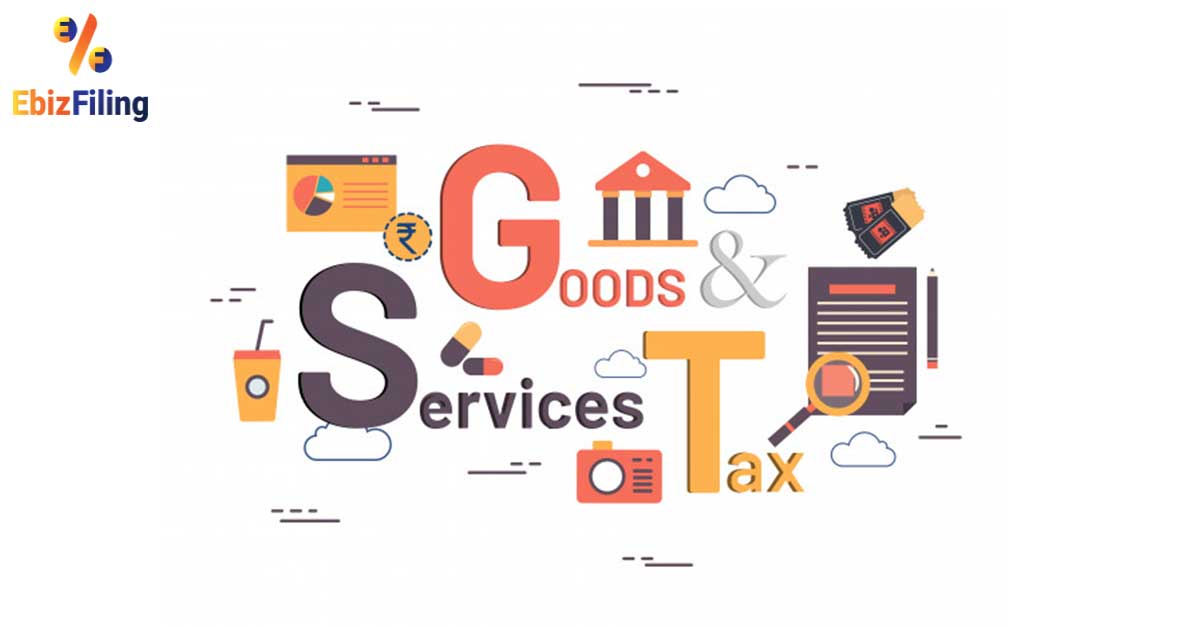Simplifying Your Singapore GST Registration: A Thorough Strategy
Simplifying Your Singapore GST Registration: A Thorough Strategy
Blog Article
Navigating the Complexities of GST Enrollment: Specialist Tips and Best Practices for Smoother Conformity
From figuring out registration needs to utilizing technical devices for structured procedures, the trip in the direction of smoother GST conformity is nuanced and multifaceted. Remain tuned to discover crucial strategies and insights that can help companies steer through the intricacies of GST registration with finesse and self-confidence.
Recognizing GST Enrollment Requirements

Along with turn over thresholds, businesses involving in interstate sales or offering taxable solutions may also be needed to sign up for GST, even if their turn over is below the suggested limit (Singapore GST Registration). Understanding these requirements and limits is vital to avoid charges and make sure smooth operations within the lawful structure
In addition, businesses must gather and prepare the needed documents, such as evidence of identification, address, business consolidation, and checking account information, before starting the GST enrollment process. Falling short to offer exact information or meet the enrollment due dates can cause fines or other legal consequences. For that reason, businesses must stay educated regarding the details GST registration needs relevant to their operations to preserve conformity and stay clear of prospective issues.
Organizing Important Documentation
Businesses beginning on the GST registration process need to meticulously assemble and arrange the crucial documentation needed for entry. The vital records normally needed for GST registration include proof of company enrollment or address, incorporation and identity proofs of the service owners or partners, bank account information, evidence of major area of service, and permission kinds. Making certain that these records are conveniently available and organized can improve the registration procedure and protect against delays or beings rejected.
To efficiently organize important documents, organizations need to create a central system for keeping and categorizing the called for paperwork (Singapore GST Registration). Utilizing electronic storage services can aid keep simple access and ensure that papers are securely stored. In addition, establishing a list of all required files can function as a helpful device to track what has been collected and what is still needed for entry

Leveraging Technology for Performance
Enhancing functional performance via technological integration is extremely important for modern-day services navigating the complexities of GST enrollment. One of the crucial means innovation can assist in GST enrollment is with the usage of check here automated software application remedies.
Additionally, modern technology can help with seamless interaction with tax authorities. On-line sites and communication devices make it possible for companies to submit records, deal with questions, and receive updates in a much more efficient manner. This not only quickens the enrollment procedure however additionally aids in maintaining transparent and trusted interaction with the relevant authorities.
Additionally, cloud-based storage space options provide a safe platform for businesses to shop and access their monetary information, making certain compliance with GST record-keeping needs. By systematizing data storage and automating processes, organizations can boost their general effectiveness and accuracy in GST registration procedures.
Proactive Conformity Surveillance

To ensure effective proactive conformity tracking, try this web-site businesses need to develop durable interior controls, conduct routine audits, and leverage automation tools for real-time tracking Get More Info of GST transactions. Regular training sessions for employees on GST conformity requirements can likewise help in developing a society of compliance within the organization. Additionally, involving with tax professionals or specialists can provide important insights and advice on browsing intricate GST regulations.
Engaging With Expert Professionals
Involving skilled tax obligation professionals can substantially bolster a business's understanding and conformity with intricate GST laws. Expert experts bring a wealth of knowledge and experience to the table, assisting services navigate the intricacies of GST enrollment with ease. By leveraging their proficiency, firms can ensure precise filings, decrease the threat of mistakes, and stay updated with the most up to date regulatory modifications.
When involving with specialist consultants, it is necessary to choose professionals with a strong track record in GST compliance (Singapore GST Registration). Try to find professionals that have a deep understanding of the relevant laws and regulations, as well as experience collaborating with companies in your sector. Reliable interaction is crucial in this partnership, so see to it to clearly specify your expectations and develop routine touchpoints to talk about progression and resolve any kind of problems
Furthermore, specialist consultants can provide valuable insights and advice on maximizing your tax obligation strategy, recognizing possible cost-saving possibilities, and enhancing your compliance processes. Overall, purchasing specialist working as a consultant services can go a long means in guaranteeing smoother GST compliance and staying clear of costly mistakes.
Verdict
Finally, browsing the complexities of GST enrollment requires a comprehensive understanding of the demands, organization of essential paperwork, leveraging modern technology for performance, positive conformity tracking, and engagement with professional specialists. By following these ideal methods, companies can ensure smoother compliance with GST laws and prevent potential charges or fines. It is important to remain notified, proactive, and attentive in managing GST enrollment to preserve conformity and maintain financial stability.
To make certain conformity with tax obligation guidelines, companies have to thoroughly understand the detailed requirements for GST enrollment. Goods and Solutions Tax Obligation (GST) is a value-added tax obligation imposed on many items and services in a country, making it critical for businesses to sign up for GST to avoid legal consequences.In addition, companies have to gather and prepare the required documentation, such as evidence of identification, address, company consolidation, and bank account details, prior to launching the GST registration process. Businesses ought to remain educated concerning the details GST registration demands relevant to their operations to maintain compliance and prevent prospective concerns.
The vital documents commonly required for GST enrollment consist of evidence of organization registration or address, identity and consolidation proofs of the organization proprietors or companions, financial institution account information, evidence of major place of service, and consent forms.
Report this page